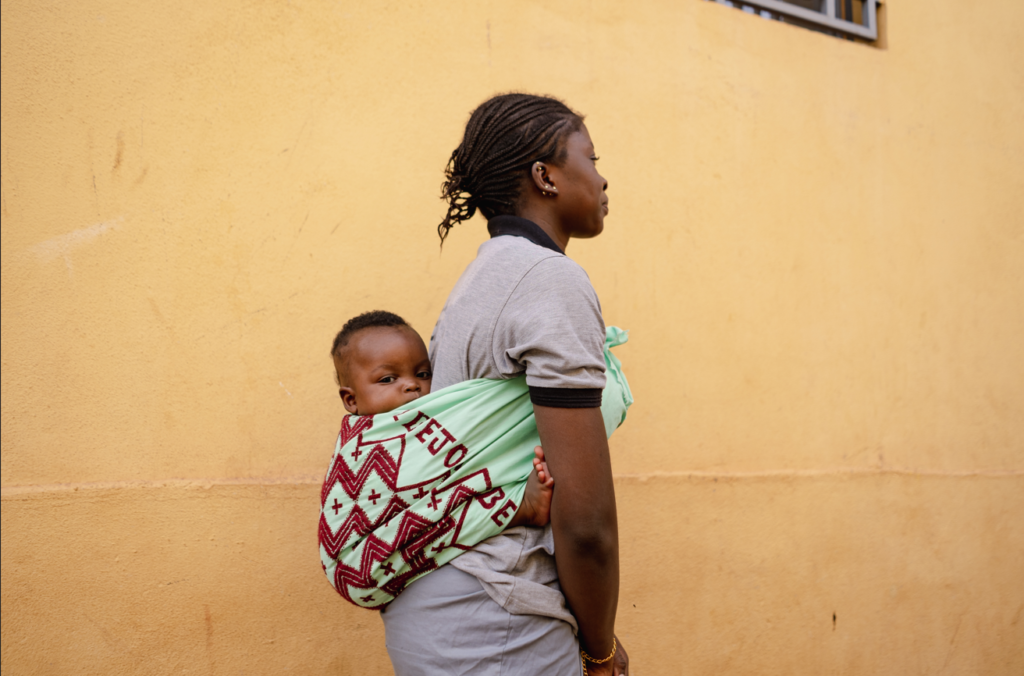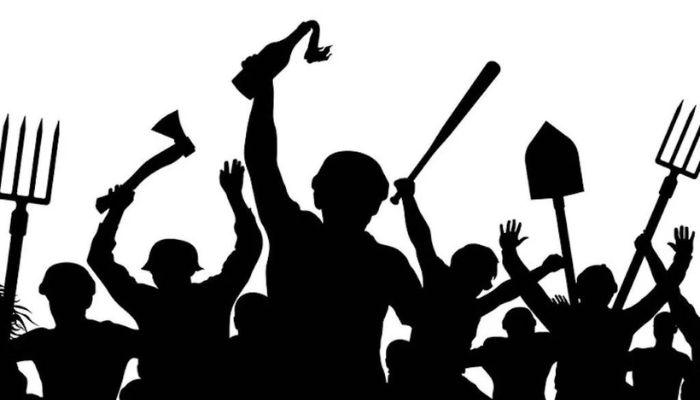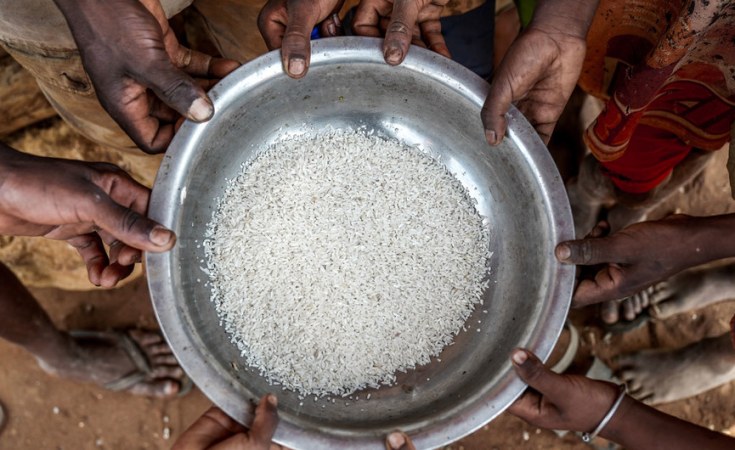Cult wars are episodic in many Nigerian streets, where young people are the major perpetrators. Multiple gang actions and reprisal attacks lead to the deaths of gang members and residents in theatres of violence. In 2021, the Nextier Violent Conflict Database recorded 49 cult violence that led to 99 deaths. In addition, the Database has recorded 50 incidents leading to 124 casualties between January and May 2022. States such as Akwa Ibom, Delta, Ondo, Rivers and Anambra recorded the highest incidents. However, only Delta state made it to the list of top five states in the first five months of 2022. Other states on the list include Kwara, Bayelsa, Lagos and Ogun.
Insights from the Nextier Violent Conflict Database indicate that cult violence is predominant in Southern Nigeria. Beyond tertiary institutions where it is prevalent, the menace has permeated secondary schools. In June 2021, students at a secondary school in Akwa Ibom state were sent home after suspected cultists threatened to kill the principal for getting their members arrested by the police. In April 2020, activities of the notorious One Million Boys and Awawa Boys cult groups forced many residents of Lagos and Ogun states to form vigilante groups to prevent the continuance of attacks in their neighbourhoods. On February 8, 2022, 7 persons died due to cult activities in Mmaahu, a community in Imo state.
Thriving cult groups and their expanding membership base pose significant concerns for Nigeria’s fragile security. Cult groups are readily available armed groups to be hired by people seeking to unleash terror in society. For example, scholars argue there is a connection between cultism, militancy, and political thuggery in some states in Nigeria. Clear cases are Lagos and Rivers states. While Lagos state may not have a problem with militant violence, it has recorded multiple cult-related and electoral violence. In Rivers state, cultism is a significant concern for the government and residents. Although there is an amnesty programme for ex-militants, the disarmament and demobilisation processes have been faulted by research. The main thrust of this argument is that cult groups provide available soldiers for hire. Moreover, given upcoming elections in Nigeria, the violence of cult groups may be capitalised on by people seeking to achieve undue political gains or disrupt electoral processes.
Beyond the direct and indirect impact of cult wars in Nigeria, Nigerian youths who belong to cult groups are constantly in harm’s way. According to the Institute of Current World Affairs, cults exist to exert power and are sponsored mostly by big men, as thriving cults harm young people in Nigeria. Therefore, the menace of cultism requires a multi-sectoral and multi-stakeholder approach. On the multi-sectoral level, the Nigerian government must tailor kinetic measures to address the threats posed by cult activities to secure lives and investments. In addition, policy measures are required to improve services such as rehabilitation centres as a non-forceful approach to cater to rehabilitation processes for members of cult groups in prison or those seeking therapy.
Government, civil society organisations, and faith-based and cultural institutions must champion a value reorientation campaign to fight the prevalence of cultism. A multi-stakeholder approach is necessary to redefine social norms and values. The loss in the value system must be traced back to the family. According to an article, gaps in family values and positive parenting impact young people, social stability, and the safety of society members. Therefore, new discussions at the family level are essential. Relevant stakeholders must champion value reorientation conversations in communities, schools, and faith-based and cultural platforms to win the hearts and minds of young people and redirect their focus towards meaningful ventures.


